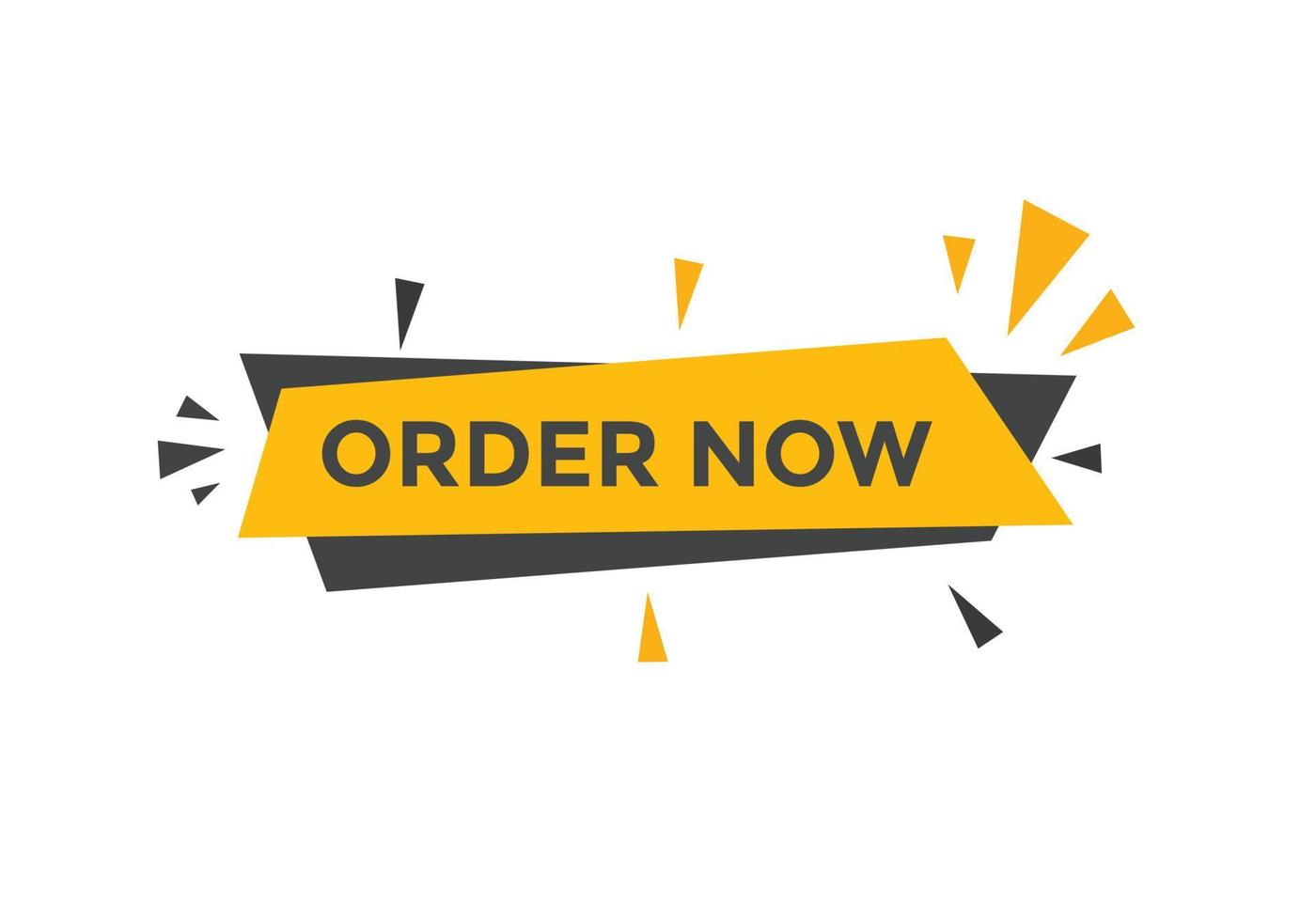BHA-FPX4102 Assessment 1 Instructions: Personal Leadership Reflection
The effectiveness of any organization, particularly within the complex and high-stakes environment of modern healthcare, is fundamentally determined by the quality of its leadership. A leader serves as the principal driver of strategic initiatives, a custodian of organizational culture, and the orchestrator of efficient resource allocation (Hunt & Fedynich, 2019). Proficient leadership, distinguished by a distinct set of core competencies, translates directly into a decisive operational and competitive advantage. Conversely, deficiencies in critical leadership skills can precipitate systemic failures, severely diminish staff morale, and ultimately compromise the safety and quality of patient care outcomes.
This paper provides an introspective analysis of critical leadership qualities, charting personal strengths and areas for development against the essential domains required for success in health care administration. By dissecting these core competencies, a focused framework for continuous personal leadership development can be established, which is vital for navigating the dynamic challenges inherent in the industry. This is a foundational exercise for the comprehensive BHA-FPX4102 Assessment 1 submission, laying the strategic groundwork for a focused and impactful professional journey.
Five Essential Leadership Domains
The complexity of the healthcare ecosystem requires leaders to be proficient across multiple, interrelated domains. Five key areas stand out as foundational for administrative success.
1. Communication and Relationship Management
Effective communication and adept relationship management stand out as paramount qualities in a healthcare leader’s toolkit. This domain encompasses the clarity of both verbal and written exchanges, but more significantly, it requires the ability to interact productively with a diverse array of stakeholders—including clinical personnel, administrative peers, patients, and external regulators. The primary objective is to leverage these interactions to cultivate a cohesive, collaborative, and, most importantly, patient-centric work environment. Critical components include skills in active listening, providing clear, concise feedback, and articulating a compelling organizational vision for team alignment and error prevention.
However, a significant area for personal development often lies within conflict negotiation and the strategic facilitation of multi-disciplinary teams. Navigating the competing priorities of professional groups, such as physicians and hospital management, demands building deep, enduring trust, which is recognized as a continuous developmental process within the scope of BHA-FPX4102 Assessment 1. This skill set directly influences the ability to foster innovation and commitment among employees (Nazir et al., 2018).
2. Leadership
The domain of ‘Leadership’ extends far beyond basic management functions; it necessitates possessing the intangible qualities that inspire and motivate others through consistent, ethical behavior (Ismail et al., 2018). Effective leadership encompasses a blend of technical skills, inspirational behavior, and, critically, adaptability to various organizational cultures and operational challenges. Change is an inherent and relentless dynamic in healthcare, driven by technology, policy shifts, and public health demands, making the capacity to embrace and lead organizational change pivotal. While one may demonstrate a foundation in influencing immediate team behavior, further developing intrinsic change-leadership qualities—the ability to not just manage but actively champion large-scale cultural transformations—remains a necessary focus. This mastery is crucial for maintaining stability during periods of systemic upheaval.
3. Professionalism
Maintaining a high standard of ‘Professionalism’ ensures a conducive and ethical environment for both personal and organizational growth. This domain necessitates the deliberate segregation of personal and professional lives to avoid compromising productivity, judgment, or staff morale. Upholding professionalism fosters a focused, dedicated approach toward complex tasks, encourages fruitful and respectful discussions, and contributes significantly to overall organizational growth and reputation. BHA-FPX4102 Assessment 1 The unwavering commitment to ethical practice and organizational boundaries is a core tenet that must be upheld, providing a reliable and trustworthy example for the entire staff. A breach of this domain can erode credibility quickly, jeopardizing the leader’s effectiveness.
4. Growth in the Healthcare Environment
Substantial professional growth in healthcare administration is inextricably linked to a nuanced understanding of the operational environment. This knowledge must be extensive, including comprehension of complex healthcare financing systems, organizational dynamics, regulatory compliance, and an unyielding prioritization of the patient’s experience and perspective. The patient remains central to the entire system’s ethos. The industry’s evolution towards value-based care and population health management requires leaders to adopt a systemic, macro-level thinking, effectively moving beyond traditional departmental silos. Understanding these complex interdependencies ensures strategic decision-making and optimal resource deployment, thereby meeting the rigorous demands assessed in the BHA-FPX4102 Assessment 1 criteria.
5. Knowledge and Skill Development
The final essential domain involves the continuous acquisition of business acumen—covering financial literacy, strategic planning, and operational efficiency—and the honing of practical skills necessary for execution. Many emerging leaders possess significant theoretical knowledge, but a persistent challenge lies in the effective, practical application of that knowledge under real-world constraints. Bridging this gap through deliberate practice and continuous learning ensures that theoretical knowledge is translated into actionable insights for optimal performance and sustained organizational success. BHA-FPX4102 Assessment 1 This dual focus on specialized domain knowledge and transferable executive skills is a central requirement for any leader reflecting on their career trajectory.
Strategies to Develop Strengths and Address Weaknesses
A successful development strategy requires honest self-assessment and a commitment to actionable improvement. My approach to enhancing communication skills will concentrate on cultivating active listening as a disciplined, daily practice, ensuring concise and constructive articulation of directives, and consciously fostering a positive, solution-oriented conversational attitude,
even when faced with significant internal conflicts. For leadership development, the focus must shift to enhancing intrinsic adaptability and structured discipline. This involves deliberately seeking out and accepting roles that necessitate leading cross-functional teams and adopting a reflective practice to learn from every major experience, viewing organizational challenges as applied case studies directly pertinent to BHA-FPX4102 Assessment 1 outcomes.
To further bolster professionalism, my ongoing strategy is to maintain rigorous boundaries, ensuring that external stressors or personal issues do not compromise focused judgment or ethical conduct within the work setting. This includes consistent adherence to all organizational policies and intentionally modeling appropriate, resilient behavior for staff. Developing a deeper understanding of the healthcare environment involves actively engaging with and championing patient-centric policies, while mastering the intricate network of payers, providers, and regulatory bodies.
Finally, knowledge and skill development will rely heavily on continuous, formal, and informal learning. This includes pursuing specialized certifications, regularly attending executive seminars on emerging healthcare technologies and policy changes, BHA-FPX4102 Assessment 1 and securing a long-term mentorship from a senior executive who has successfully navigated major organizational change. These intentional, developmental actions are critical steps that ensure identified leadership gaps are systematically transformed into demonstrable strengths.
Essential Leadership Qualities and Personal Focus
Effective leadership in the modern healthcare landscape is built upon four dynamic personal attributes: innovation, vision, interpersonal skills, and adaptability (Novitasari et al., 2020). Innovation is essential for creating new, efficient solutions to chronic resource constraints and evolving care delivery models. A clear, inspiring vision provides the necessary direction for the organization, translating complex, long-term goals into motivating, achievable steps for the entire workforce. Robust interpersonal skills facilitate collaborative relationships across professional divides, and superior adaptability ensures the leader remains effective and resilient amidst constant regulatory and technological shifts.
My personal leadership development plan focuses intensely on refining advanced communication skills (specifically negotiation and conflict resolution), maintaining impeccable professionalism in all high-stakes environments, and ensuring the seamless, strategic application of administrative knowledge to solve complex operational challenges. Emphasizing interaction and skill development lays a concrete, actionable foundation for my own leadership excellence, as carefully articulated within this BHA-FPX4102 Assessment 1 reflection.
Personal Development Plan and Timeline
My personal development plan is structured around focused, measurable, achievable, relevant, and time-bound (SMART) efforts that will be pursued throughout the remainder of my academic program and the initial years of my executive career. BHA-FPX4102 Assessment 1 The timeline is phased to build skills sequentially, ensuring foundational knowledge precedes strategic application.
Phase 1: Academic & Foundational Mastery (0-12 Months)
- Goal: Achieve foundational mastery in health finance, policy, and data analytics.
- Steps: Complete relevant required coursework with distinction; conduct a capstone project focused on a financial feasibility analysis of a new or expanded service line for a healthcare system.
- Measurement: Course grades and successful defense of the capstone project.
Phase 2: Applied Communication & Mentorship (12-24 Months)
- Goal: Elevate negotiation and relationship management skills to an expert level.
- Steps: Identify and secure a formal mentorship relationship with a C-suite executive; formally participate in organizational committees that require complex inter-departmental negotiations and consensus-building BHA-FPX4102 Assessment 1
- Measurement: Documented feedback from the mentor on negotiation performance and successful, documented management of two high-stakes departmental conflicts or large contract discussions.
Phase 3: Strategic Leadership & Change Implementation (24-36 Months)
- Goal: Demonstrate effective, measurable change leadership in a major organizational project.
- Steps: Lead a significant, organization-wide process improvement initiative (e.g., electronic health record optimization or a patient flow redesign).
- Measurement: Successful project completion within the specified budget and timeline, and a measurable improvement in the target organizational metric (e.g., patient throughput time, staff retention rate, or reduction in operational costs). This systematic timeline for consistent development ensures that the goals articulated in the BHA-FPX4102 Assessment 1 process are not merely abstract ideals, but actionable, integrated steps toward achieving leadership excellence in healthcare administration.
Conclusion
This personal leadership reflection confirms the multi-faceted nature of executive roles in the demanding healthcare sector. Sustainable success is not attained by chance; it is the deliberate result of cultivating core domains: communication expertise, inspirational leadership, unwavering professionalism, specialized domain knowledge, and commitment to continuous skill refinement. The development plan and timeline outlined herein represent a tangible commitment to transforming a conceptual understanding of leadership into a practical, measurable, and impactful capability.
By prioritizing the enhancement of interaction skills and the strategic application of administrative knowledge, the groundwork is firmly established for a career distinguished by ethical, inspirational leadership and sustained organizational growth, thus fulfilling the primary objectives of the BHA-FPX4102 Assessment 1.
References
Hunt, T., & Fedynich, L. (2019). Leadership: Past, Present, and Future: An Evolution of an Idea. Journal of Management Research, 8(2), 57–69. https://doi.org/10.18533/journal. v8i2.1582/BHA-FPX4102 Assessment 1
Ismail, S. N., Don, Y., Husin, F., & Khalid, R. (2018). Instructional Leadership and Teachers’ Functional Competency across the 21st Century Learning. International Journal of Instruction, 11(3), 135–152. https://eric.ed.gov/?id=EJ1183348
Nazir, S., Qun, W., Hui, L., & Shafi, A. (2018). Influence of Social Exchange Relationships on Affective Commitment and Innovative Behavior: Role of Perceived Organizational Support. Sustainability, 10(12), 4418. https://doi.org/10.3390/su10124418
Novitasari, D., Siswanto, E., Purwanto, A., & Fahmi, K. (2020). Authentic Leadership and Innovation: What is the Role of Psychological Capital? International Journal of Social and Management Studies, 1(1), 1–21. https://doi.org/10.5555/ijosmas. v1i1.1
RELATED: BHA-FPX4010 ASSESSMENT 4 INSTRUCTIONS: DEVELOP A RESEARCH PLAN
Order This Paper




Reviews
There are no reviews yet.